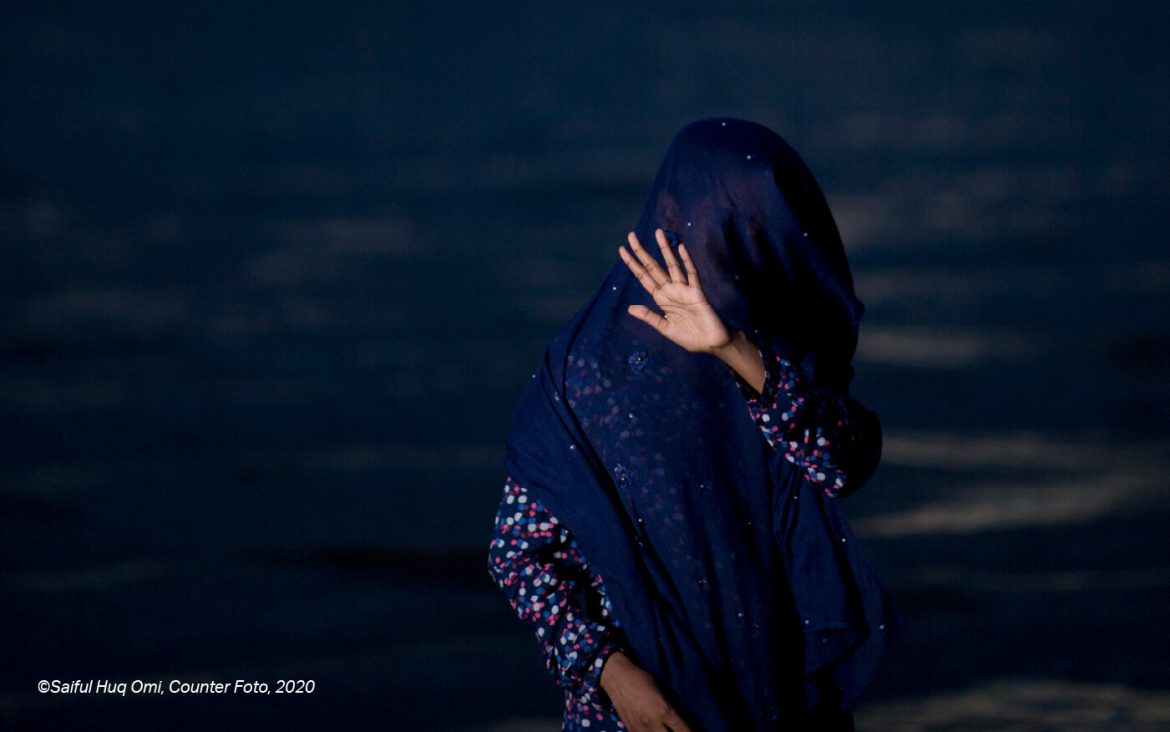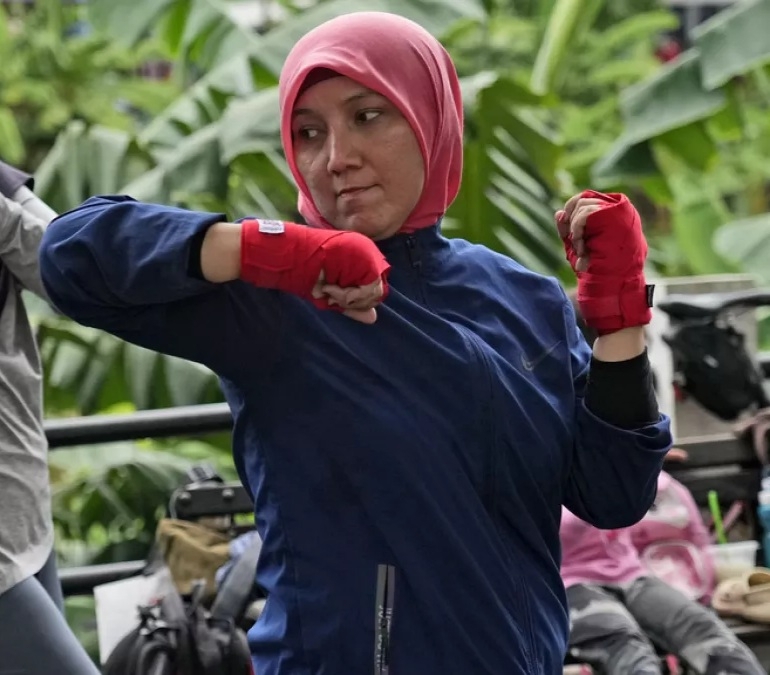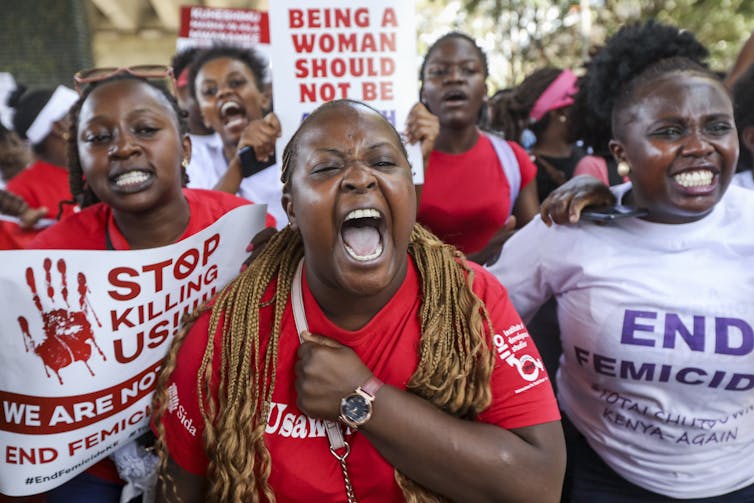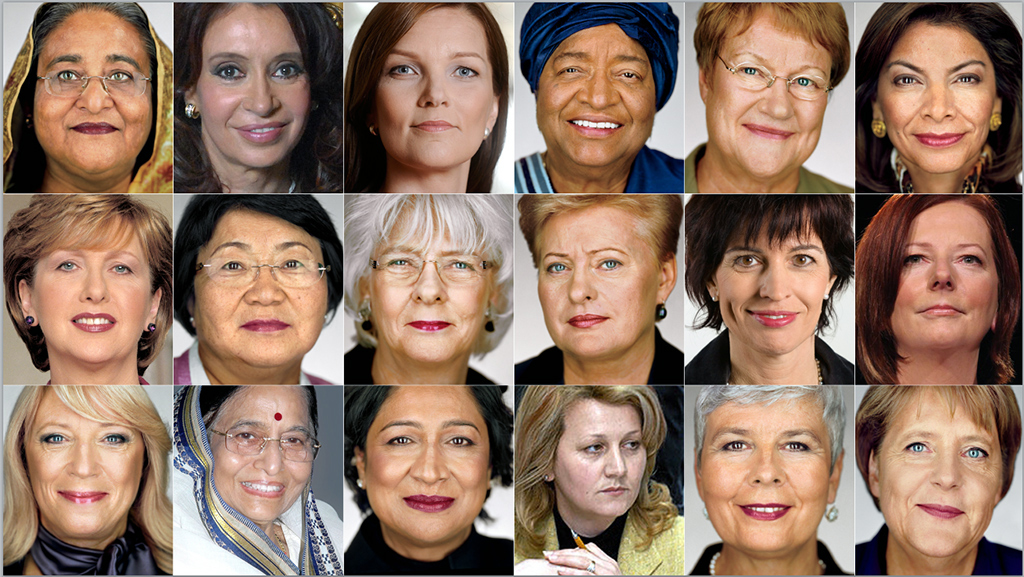When people think of domestic violence, the focus is often on women and children as victims. However, a growing and often overlooked reality is that men are also exposed to this type of abuse, suffering in silence due to deep-seated social stigma and legal systems that rarely recognize their plight.
The Tunisian Association for Family Development conveyed to the BBC the account of a man who was a victim of domestic violence for two years. Using the pseudonym Walid, this victim spoke about the attacks he experienced from his former wife.
“She used to intentionally hit me in the face to leave clear marks,” Walid stated. He noted that his wife would “provoke him and pick fights over the smallest excuses.” Walid said he tried to avoid responding to her attacks and often preferred to sleep outside the home to avoid daily confrontations.

Despite the ongoing violence, Walid lived with his wife for two years due to a deep emotional attachment to their daughter. After their divorce in 2014, he was denied access to his daughter, even though a court order granted him visitation and companionship rights. Walid explained that his ex-wife did not adhere to the ruling, forcing him to file three complaints against her.
A Widespread but Hidden Phenomenon
Research across the Arab world confirms that Walid’s experience is not isolated. A 2022 study at the University of Mostaganem in Algeria, titled “Working Women’s Perceptions of Wife Violence Against Husbands,” found that violence against men by their wives exists, even if it seems strange in societies often described as patriarchal.
“Studies on domestic violence have shown that about 40% of men in Arab countries have been subjected to violence by their wives in recent years,” the study reported.
This violence against men reaches the level of psychological abuse, such as deprivation from seeing children, refusal of marital relations, or even being kicked out of the home, sometimes leading to imprisonment over alimony issues. The study explains that violence against husbands is widespread but remains hidden in Algerian society due to a patriarchal social structure that limits reporting.
Underlying Causes and Dangerous Patterns
Dr. Walid Hindi, an Egyptian mental health consultant, emphasizes that violence is not limited to women; men are also exposed to it in various forms, including physical, psychological, and sexual. He suggests that some women, influenced by misconceptions about power struggles and imposing control, may resort to violent behavior, which can be exacerbated by high levels of anger or the use of drugs and sedatives.
According to Tawfiq Al-Ayari, head of the Tunisian Association for Family Development, about one in ten women commits violence against her husband. He explains that the actual ratios are likely much higher, as the association receives many complaints directly related to this violence. The reasons often stem from laws that, while advanced in defending women’s rights, can sometimes be exploited, placing men who complain at risk of serious legal prosecution due to loopholes in legal cases.
Many cases reported to the association involve men threatened with prison for inability to pay alimony, accumulating overdue amounts. In such situations, the man finds himself in a position of weakness, vulnerable to various pressures and violence, facing a choice between surrender and acceptance or confrontation with imprisonment.
Breaking the Silence for Solutions
Al-Ayari stresses that while violence against women is a more widespread global phenomenon, violence against men often remains an unspoken issue because men, especially in Arab society, typically refrain from disclosing abuse by their wives for reasons related to personal dignity.
Dr. Hindi proposes several solutions to reduce domestic violence, including the necessity of choosing a life partner correctly and disseminating positive family values through educational curricula from childhood. He also calls for expanding pre-marriage counseling offices and strengthening the role of dispute resolution centers staffed by social workers, psychologists, and religious figures.
The Tunisian Association believes that a review of laws that are “old and obsolete,” particularly those related to custody, alimony, and other family aspects, is urgently needed to better align with current realities.
Disturbing Figures Highlight Urgency
The scale of the suffering is also evident beyond the Arab world. In the UK, recent data reveals the severity of the situation for male victims. According to a report by Mankind Initiative, a charity supporting male victims of domestic violence, Office for National Statistics data shows that 6.5% of male victims (compared to 2.8% of female victims) had suicidal thoughts due to partner abuse in 2022/2023. Furthermore, between April 2020 and March 2023, 40 men were killed in domestic violence crimes perpetrated by current or former partners.
Away from the silence and social stigma that surrounds this suffering, the statistics highlight a pressing need to increase support and awareness for domestic violence against men and to develop effective protection mechanisms that ensure their psychological and physical safety.
bbc















